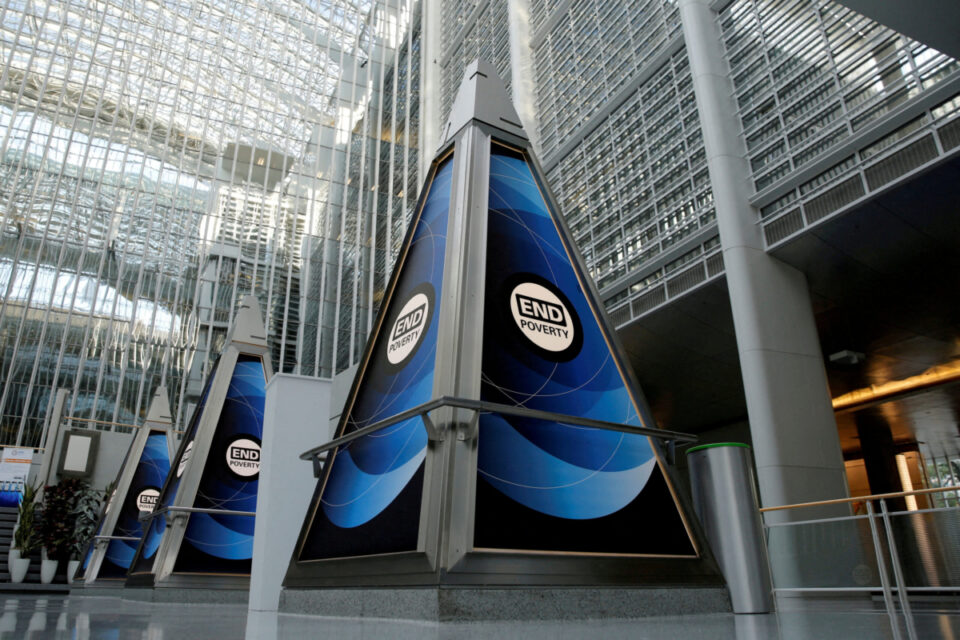KUALA LUMPUR, Nov 2 — Islamic social finance can play a vital role in promoting inclusive growth and shared prosperity in Malaysia, said Dr Ndiame Diop, the World Bank Group country director for Brunei, Malaysia, the Philippines and Thailand.
One such example is Bank Negara Malaysia’s iTekad programme, which combines an innovative social blended financing instrument with structural training for microentrepreneurs to ensure they have the right skills– such as digital capabilities and financial literacy — to independently generate recurrent income in the future.
“This shows that social finance can go beyond just closing financial gaps by being structured in ways to further empower underserved populations and foster inclusion,” he said at the Securities Commission Malaysia (SC)-World Bank Conference here today.
The iTekad initiative was introduced by the central bank during the pandemic to assist low-income microentrepreneurs in strengthening their financial management and business acumen towards generating sustainable income.
Diop pointed out that a key challenge in fostering the development of Islamic social finance is scaling up private capital.
He said reducing inequality and environmental risks requires large-scale investments that far outstrip the capacities of governments and the philanthropic sector.
“Private capital is critical, and well-developed financial markets can play a catalytic role, enabling the much-needed investments,” he said, while highlighting that there is a marked financing gap in social enterprises.
Additionally, Diop said there is a vital need for greater adoption of impact monitoring and evaluating (M&E) frameworks for social finance and impact investing.
He said continuous monitoring and periodic evaluation of social finance activities by project managers and independent evaluators are important tools to ensure accountability, scalability, and sustainability of programmes.
However, the use of M&E frameworks is still underutilised in Malaysia, he said.
“Yet, without their effective use, the risk of ‘impact washing’ will remain high, and the intended social impact goals will not be achieved if impact washing is pervasive.
“It is imperative that policymakers foster the adoption of robust frameworks that support greater accountability, build trust, and increase visibility and access to funds,” added Diop.
On the same note, he said the newly launched Maqasid Al-Shariah Guidance for the Islamic Capital Market (ICM) is an important tool to catalyse the next leap forward in Malaysia’s ICM development and consolidate the country’s leadership in global Islamic financial markets.
Diop noted that over the past six years, Malaysia has taken several initiatives that have increased Islamic finance’s footprint domestically and placed the country at the frontier of global Islamic finance innovation.
“The World Bank remains committed to continue sharing Malaysia’s innovations with the rest of the world, leveraging its presence and offices in 189 countries,” he said.
— Bernama





